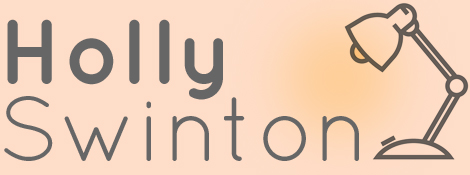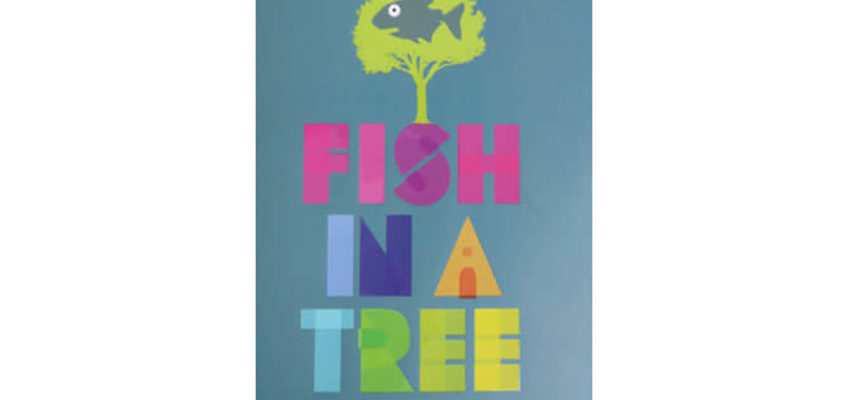Most estimates put approx. 10% of the population as dyslexic: that’s about 700 million people. Most of us will doubt ourselves and our capability. If we are lucky, we get help, we find acceptance, we defeat the bad bits of dyslexia and discover our own quirky brilliance.
But we all need our children to have the confidence to talk about the things they are finding tough, so we can help. As a dyslexia assessor I spend lots of my time talking to children about the good bits and bad bits of their dyslexia (or their different set of challenges).
Should you just tell a child they are dyslexic? What if they aren’t?
Whether you are talking about this for the first time or (years after a diagnosis) just wanting to check in with them, I like a four-step approach:
1) Just start talking about dyslexia in day to day conversations
First, we need to know what our child/teen thinks dyslexia is. Do they know anyone who is dyslexic? Do they have any positive role models?
Find all the amazing celebrities who are open about their dyslexia (and other learning differences) and drop them in conversation. If you can’t find anyone they respect, see if their favourite film was directed by someone who is dyslexic – it almost certainly was.
2) Be open about things we as adults struggle with
Talk about the difficulties you have overcome. Is there anyone in the family who is dyslexic themselves (it runs in families)? Are they happy for you to discuss the ways they struggled and how they succeeded? Talk about differences and similarities.
3) Do a bit of research so you can answer their questions
The first part of my book Defeat Dyslexia is free to read on Amazon and that bit gives you common myths, plus a checklist to see whether it is probably dyslexia and help you pinpoint how it is affecting them.
4) Watch a TV show, listen to an audiobook or watch a film about dyslexia
If they still haven’t had the courage to open up to you about their own struggles, they might need more of an explicit opportunity.
A light-hearted way might be to put on the TV show Hank Zipzer. He’s funny, handsome, charming, plays the drums (and is dyslexic). Each episode has tiny moments of dyslexic difficulty. Here is a list of episodes to see if one resonates with your child’s interests. Most of the episodes are freely available online and some are on BBC iplayer.
Prefer an audiobook for bedtime or the car? I would recommend Fish In a Tree. It’s a bit gut-wrenching at first: Ali is in 6th grade (Year 7) and doesn’t know that she is severely dyslexic (as well as having quite horrible visual distortion). Her dad is in the military and she has bounced around schools so much that no-one has picked it up, until she gets a truly wonderful new teacher.
I listened to it on Listening Books, which is a great charity offering low-cost audiobooks to dyslexics and those with visual distortion that means that conventional print is hard to read. It costs £20 a year to join and means you can borrow 2 audiobooks at a time, including Fish In a Tree. They have a fabulous collection and you don’t need proof of dyslexia.
Is a movie an easier thing to slip into your schedule? Netflix has Like Stars On Earth, or it’s currently available for free online (although the brilliant songs aren’t translated in this version). It’s a brilliant Bollywood film about a young dyslexic/dyspraxic boy (plus he’s also got visual distortion). He is humiliated daily and is eventually sent away to boarding school, where things eventually transform.
The first 35 minutes are probably enough to help provoke your child/teen to anger at the way he is treated and open up discussions. My 7 year old was prepared to watch the first bit and had lots of questions – anything instead of playing outside in the sunshine!!!!! Beware tho, this film makes me weep.
However, you decide you broach the subject, you will do great. And if the discussion goes wrong, just do it again.
Finally, some people say that children don’t need labels. That may be true, as long as they/others aren’t giving them other unofficial labels (like lazy, dumb, sloppy). Personally, I would much rather be dyslexic than stupid! I know I’m not alone in that.
Done well, knowing they are dyslexic can give a person hope, self-esteem, less isolation and answers as to why some things are harder. It certainly did for me!


